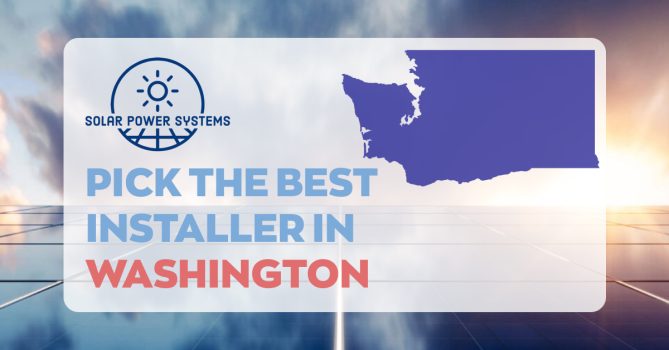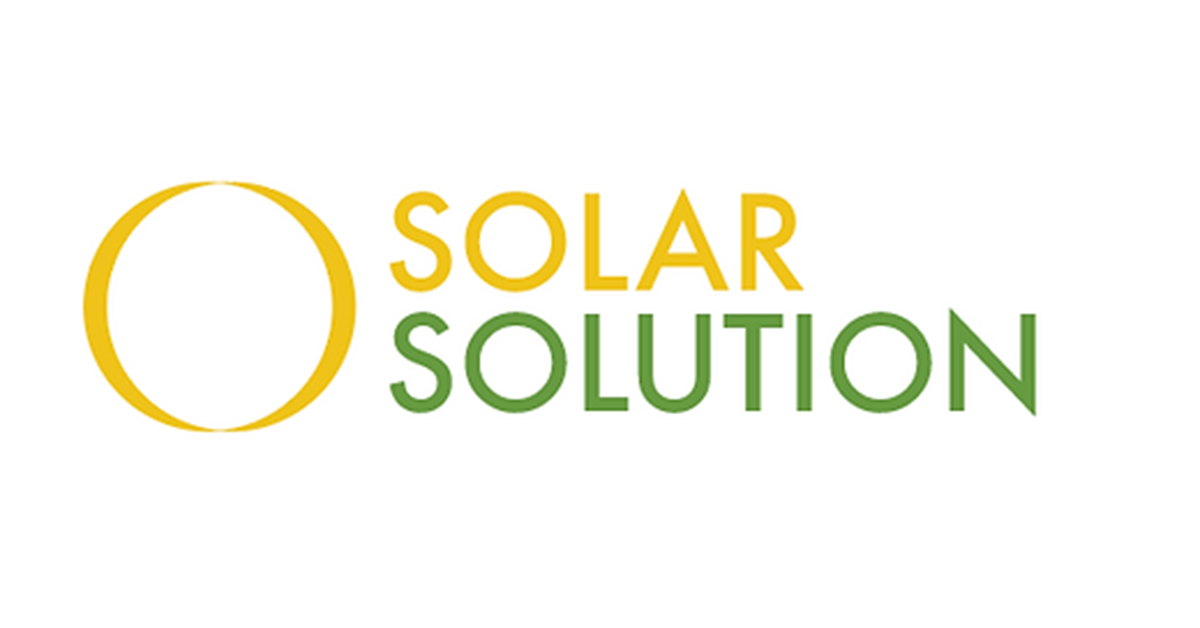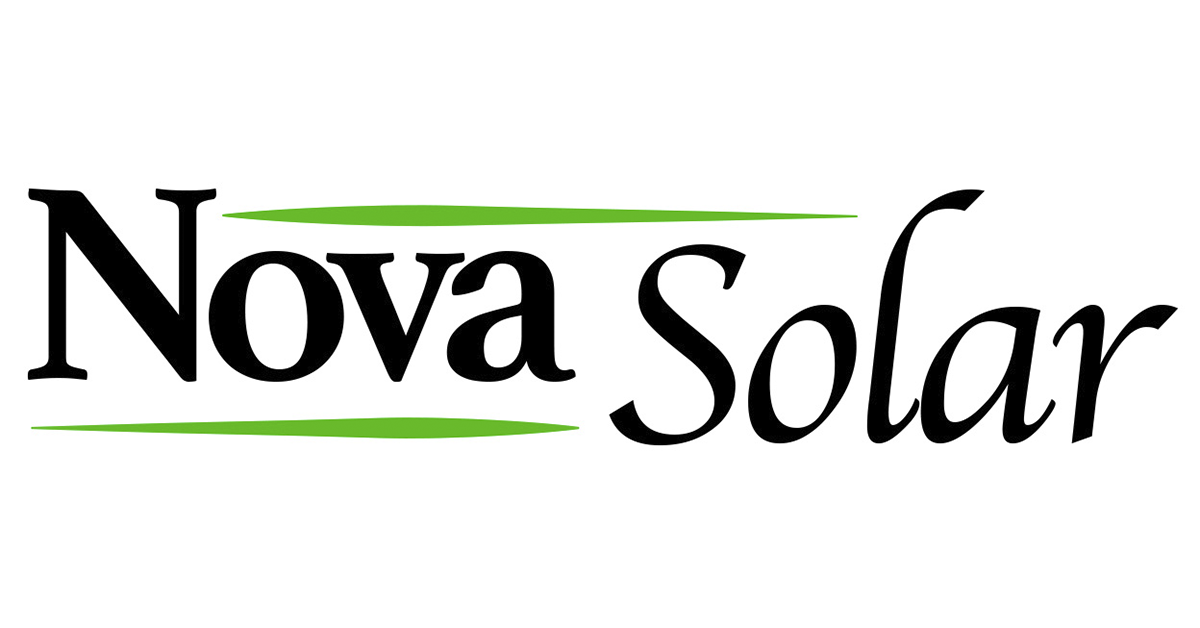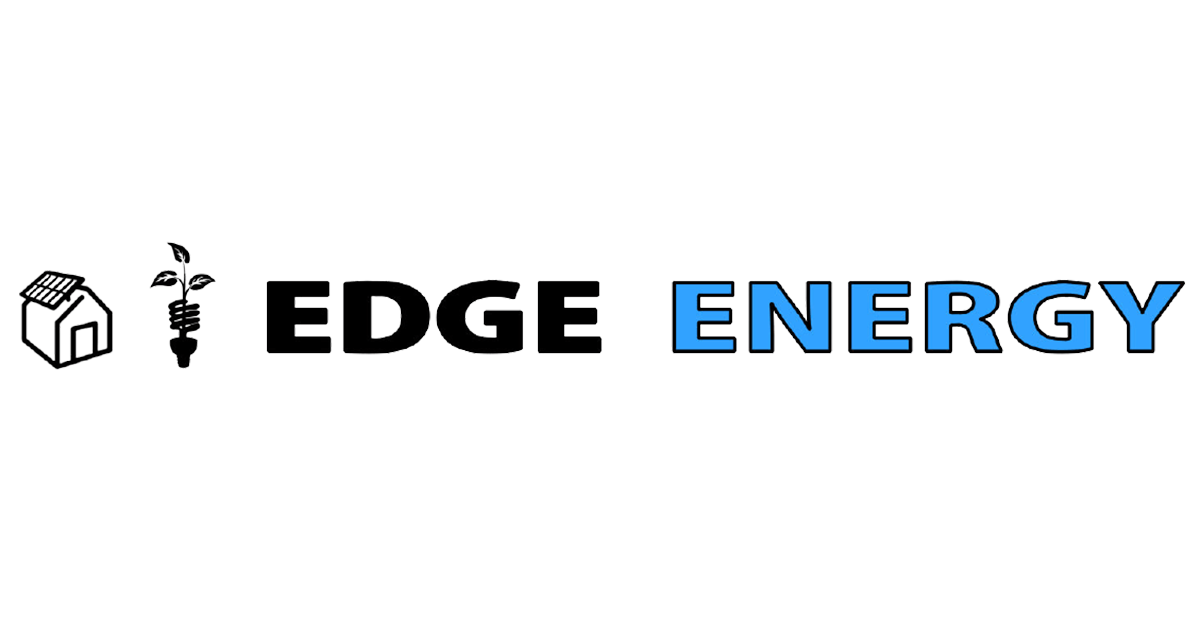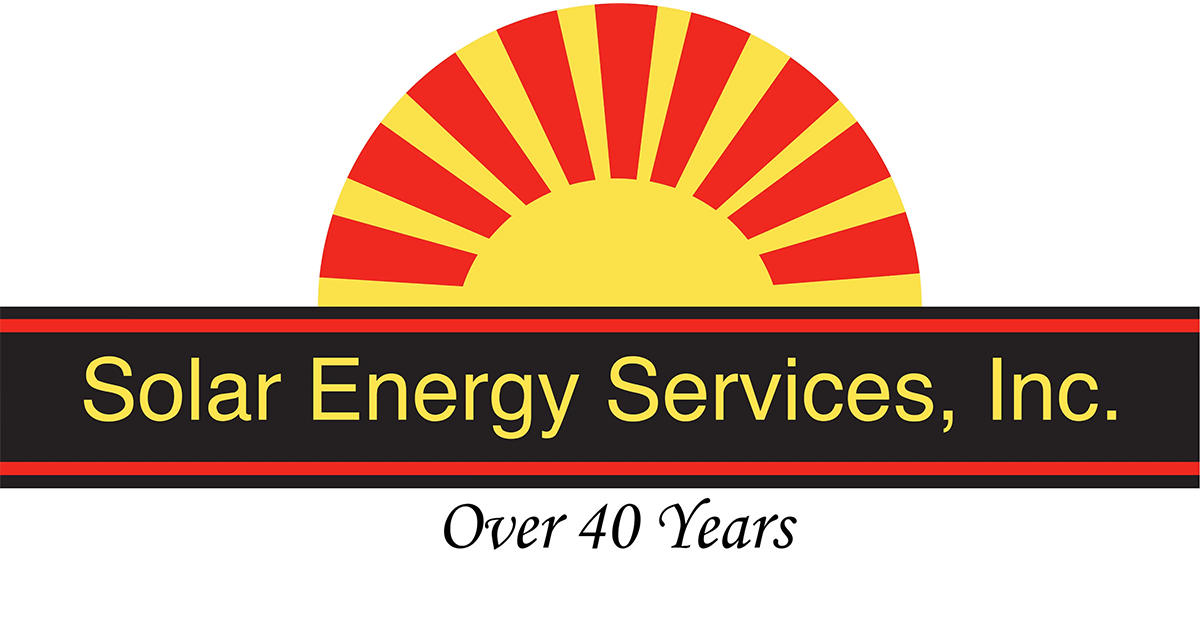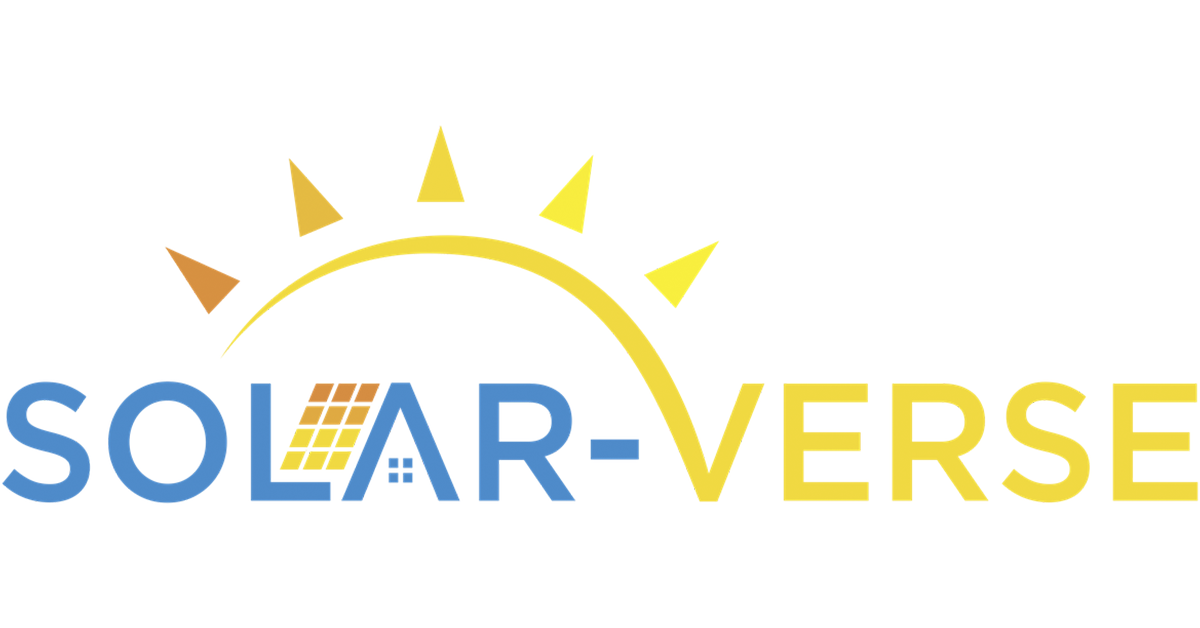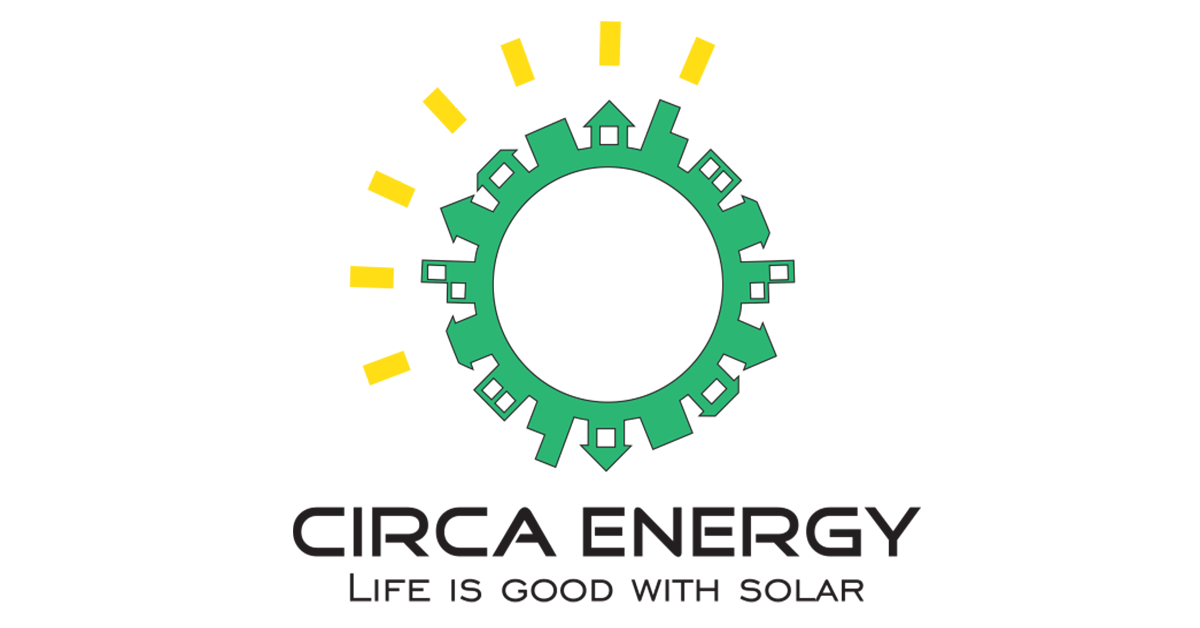In Washington, solar is shining brighter than ever. The state’s commitment to renewable energy has fostered a growing list of top-notch solar installers. Navigating this sea of options can seem daunting, can’t it? But don’t worry, we’ve done the legwork to illuminate the path for you. From installer experience to harnessing Washington’s unique climate for maximum solar gain, we’ve considered it all. Read on as we guide you through the best solar installers, tailored to Washington’s incentives and regulations, helping you make a sunny choice for your energy needs. Ready to empower your home with clean energy? Let’s dive in.
Find the Best Solar Installers in Washington
We have compiled ratings of local solar installers in Washington and recommend proven solar panel installation companies you can trust.
Use the search form to find more local solar installers in your area. Enter the Address or Zip Code and choose the distance range from your location.
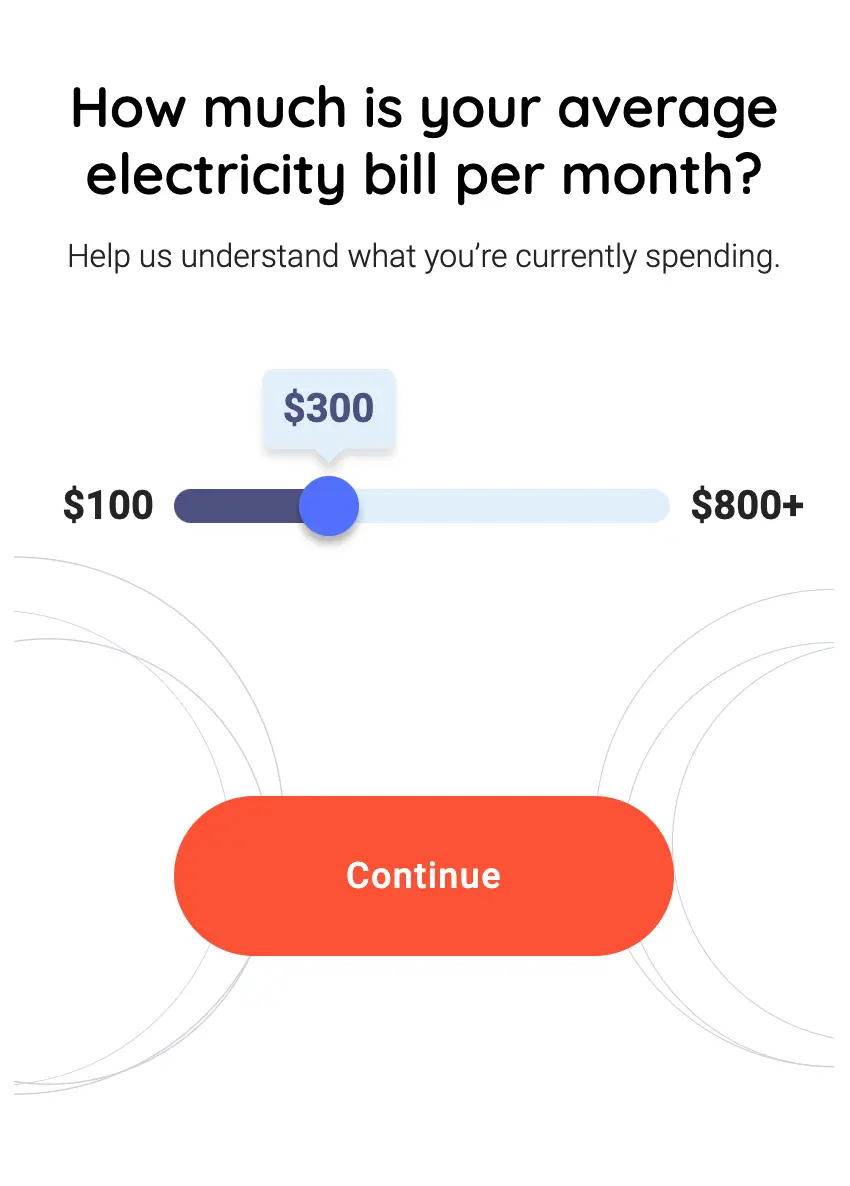
Why Go Solar in Washington?
Embracing solar power in Washington comes with a bevy of benefits that are both environmentally and economically advantageous. With Washington’s push towards renewable energy, homeowners and businesses tapping into solar energy can take pride in contributing to the state’s eco-friendly initiatives, reducing their carbon footprint while enjoying the greenery the Evergreen State is known for. The financial perks are just as sunny—thanks to Washington’s net metering policy, any excess power your system generates can be sent back to the grid, crediting your utility account and offsetting your electricity costs. Plus, the Investment Cost Recovery Program for Renewable Energy offers valuable incentives, promising a return based on the energy you produce. Solar panel owners also safeguard themselves against the ever-fluctuating electricity rates, locking in lower energy costs and reaping the benefits of sustainable living. The state’s relatively low solar costs and the availability of federal tax credits – where you can deduct a substantial percentage of your solar installation costs – make the switch to solar an even more attractive proposition. Climate-wise, don’t let the Pacific Northwest’s reputation for clouds discourage you; Washington enjoys ample summer sunshine, providing a substantial window for solar panels to capture energy. This conversion to solar not only reflects well on your wallet but also supports the growth of the local green-energy sector, fueling job creation and innovation right in your backyard.
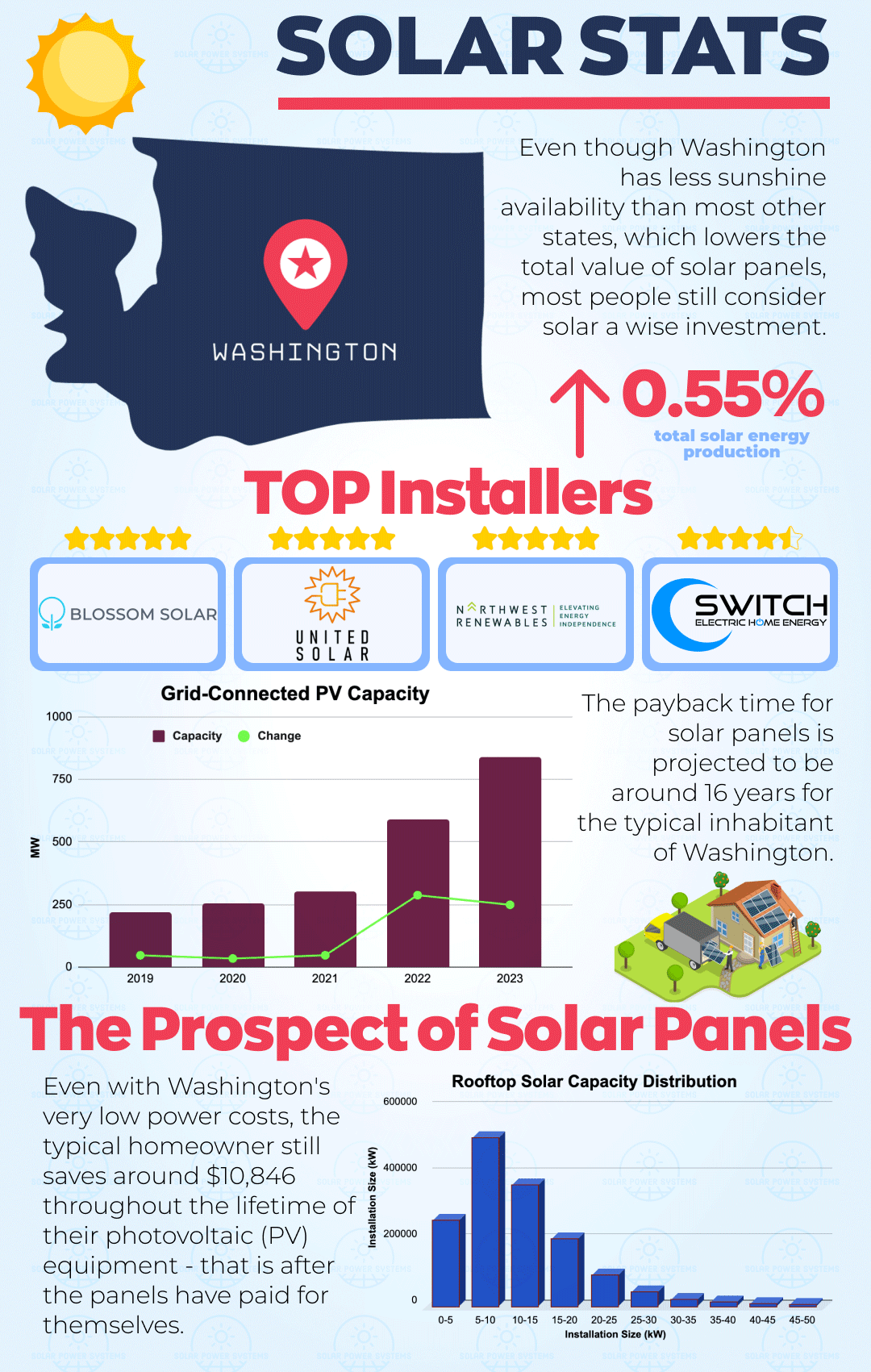
How Solar Can Save You Money in Washington
Washington residents are fortunate because the state typically enjoys lower-than-average electricity rates in comparison to the national average, hovering around 10 cents per kilowatt-hour (kWh). However, despite these relatively affordable rates, households can still rack up substantial power bills, especially when considering the cumulative costs over the course of a year. This is where solar panels come into play, as an excellent strategy for local homeowners to reduce or even completely eliminate their electricity costs.
Take, for instance, a Washington household consuming an average of 900 kWh per month. With standard rates, their annual electricity expense would be roughly $1,080. By switching to solar, this household could save considerably, often reducing their monthly bill to a negligible amount. A solar panel system’s initial investment might seem steep, but it pays off over time through these savings. For example, a 5 kW solar system, which is commonly sufficient for such a household, might cost around $15,000 after federal tax incentives and can cut the electricity bill to virtually zero.
Case studies underscore these savings. For example, a Seattle homeowner invested in a 7 kW system and went from a $100 monthly electricity bill to getting credits from their utility company, thanks to net metering and the efficient energy production of their panels. Over a span of 20 years, the expected savings were estimated to surpass $30,000.
Speaking of net metering, it’s a crucial policy existing in Washington that benefits solar panel owners. This system allows solar power generators to send excess electricity back to the grid in exchange for credits. Then, during times when their solar system isn’t generating enough power (like during night-time or overcast days), they can use these credits to offset the cost of power they consume from the grid. This policy not only provides financial relief but also encourages a sustainable energy model, allowing households to be both consumers and producers of energy.
To sum up, solar panels significantly decrease the long-term costs of electricity for Washington homeowners. Combined with advantageous policies like net metering, solar adopters not only recover their initial investment but continue to save on electricity costs for the lifespan of their solar panel system, which typically lasts 25-30 years.
Getting Solar Quotes in Washington
Getting a final solar quote in Washington is a nuanced process that involves various factors, each playing a crucial role in shaping the total installation cost of a solar system. Let’s break it down so you know exactly what you’re investing in.
The backbone of your solar investment is the hardware cost. This includes the solar panels themselves, inverters, mounting equipment, and wiring. High-efficiency panels may come with a premium price, but they can offer better long-term savings due to their enhanced performance. Depending on your energy needs and roof space, the type and number of panels required will influence the overall price.
Next up, installation fees. These are determined by the complexity of your roof, the accessibility of your home, and the labor rates in Washington. Expert installation ensures your system operates safely and effectively, so this isn’t the place to cut corners.
After your system is up and running, you may encounter post-installation services. This can include system monitoring, maintenance, or additional equipment like battery storage. Investing in a reputable installer often comes with comprehensive service plans that can save you headaches down the line.
Warranty terms are the unsung heroes of your solar investment. Look for robust warranties that cover the performance of your panels and the reliability of other components. These guarantees protect your system’s value for years.
Understanding the payback period is vital. This is the time it will take for your energy savings to cover the cost of your solar system. It’s influenced by the upfront costs, your energy usage, and available incentives.
Speaking of incentives, Washington offers some enticing ones that affect your final quote. Net metering programs let you earn credits for excess power sent back to the grid, while federal and local tax incentives can significantly lower your initial cost. These incentives vary, so it’s important to stay updated on the latest programs.
Financing options are the key to making solar accessible. Whether you choose a solar lease, a power purchase agreement (PPA), or a solar loan, each has distinct impacts on your long-term costs and savings, altering your system’s payback period.
Performance estimates should also be on your radar. They provide a projection of your system’s energy generation, tailored to Washington’s specific climate patterns. This will help you align your expectations with the likely outcomes of your solar installation.
When selecting a solar installer in Washington, consider how transparent they are about these factors in their quotes. You deserve a partner that guides you through each element, ensuring a smooth transition to solar with no surprises on your bill or in your backyard.
Why Hire a Local Solar Company in Washington?
Choosing a local solar company in Washington comes with a plethora of benefits that directly stem from their deep-rooted understanding of the specific characteristics of the region. This familiarity ensures that they can provide top-notch service tailored to the state’s unique solar incentives. Washington offers a variety of financial incentives, including net metering and sales tax exemptions for solar equipment, which local installers are particularly adept at navigating. Their specialized knowledge ensures that you capitalize on all potential savings.
Moreover, local solar installers bring valuable insights about Washington’s diverse climate patterns which can heavily influence the performance of solar panels. They understand the nuances of how much sunlight different parts of the state receive, the potential for shading from evergreen trees, and how local weather phenomena like the Puget Sound Convergence Zone can affect solar production. This expertise ensures your solar system’s design is optimized for maximum efficiency, effectively reducing your electric bills and increasing your clean energy production.
Local companies are also well-versed in Washington’s installation regulations, making sure that all permits are properly handled and installation is up to code. Having professionals conduct the installation not only saves you the hassle but also provides assurance that the system is installed safely. This attention to detail minimizes the risk of accidents or malfunctions, ensuring that both you and your home are protected.
Professional installation comes with additional security in the form of warranty protection. Many solar panel manufacturers and installers offer warranties that guarantee the performance and maintenance of your system over a certain period. To maintain these warranties, installation must be done by certified professionals. Local solar installer professionals thus help to secure your investment by ensuring your system is correctly and safely installed.
Ultimately, the correct installation of your solar array by a seasoned professional not only promotes safety and secures warranty protection but can also engender a better return on investment. A professionally installed system operates at peak efficiency, translating to higher energy production and savings over the lifespan of your solar system. This is a crucial element in maximizing your financial benefits and the sustainability impact of going solar.
When you invest in solar with a local Washington installer, you’re not just purchasing a product; you’re gaining a service that understands your specific needs, upholds safety, and enhances the value of your investment through professional diligence.
Solar Incentives in Washington
In Washington, homeowners who leap into solar energy can expect a sunny financial forecast thanks to a suite of incentives and rebate programs designed to lower the cost of going solar. These perks include property tax exemptions that keep your installation cost-effective by not bumping up your property taxes, even though solar panels typically increase home value. Additionally, sales tax exemptions sweeten the deal, allowing you to purchase solar systems without the added cost of sales tax, which can add up to considerable savings.
While Washington State doesn’t have a Solar Renewable Energy Credit (SREC) market like some other states, other local rebate programs from utility companies can slash installation costs significantly. And don’t forget about net metering policies that allow homeowners to earn bill credits for surplus power fed back into the grid, leading to reduced monthly utility bills. Going solar also secures federal benefits, such as the Federal Solar Investment Tax Credit (ITC), which grants a significant tax credit based on the cost of your solar panel system. These combined efforts mean Washington is doing its bit to make solar an irresistible choice for residents – pocket-friendly and planet-friendly.
How to Choose the Right Solar Installer in Washington
Choosing a solar installer in Washington can be as nuanced as selecting the right solar panel for your home. It’s about striking a balance between quality, expertise, and cost-effectiveness. Let’s dive into some key aspects you should consider during your selection process.
First and foremost, you want to ensure the installer is licensed and certified. In the Evergreen State, reputable solar professionals are generally certified by the North American Board of Certified Energy Practitioners (NABCEP). This gives you a baseline for their technical knowledge and commitment to standards in the industry.
Don’t overlook the power of social proof. Reading through reviews and customer testimonials can offer you invaluable insights into the installer’s track record and the satisfaction of clients they’ve served. Platforms like Google, Yelp, and the Better Business Bureau can provide a spectrum of experiences to gauge the reliability of potential installers.
Another crucial step is comparing quotes. You deserve options and shouldn’t shy away from seeking multiple estimates. Each quote should detail the equipment to be used, the total cost, and the estimated energy savings. This side-by-side comparison not only helps in understanding the cost but also what different installers bring to the table in terms of service and equipment quality.
Experience with local regulations and incentives is an ace up the sleeve for a solar installer in Washington. They should be well-versed with state-specific solar incentives such as net metering, federal tax credits, and local rebates, which can significantly affect the cost-effectiveness and installation process of your setup.
Lastly, it’s wise to look at the company’s track record specifically in Washington. An installer with a solid history of installations in the state will be more adept at navigating the local climate conditions, which can impact the design and efficiency of your solar system.
Keep these key factors in mind and you’ll be well-armed to find a solar installer that shines as brightly as the sustainable future you’re investing in. Remember, the right installer will not only provide a service but will become your partner in this renewable energy journey.

Frequently Asked Questions
How much do solar panels cost in Washington State?
When considering the installation of solar panels in Washington, the cost can vary depending on several factors. To give you a clearer picture, here’s a breakdown of the average cost range and the factors that influence the final price:
1. System Size:
The size of the solar panel system is one of the main drivers of cost. Typically, the larger the system, the higher the overall cost will be due to more materials and labor. However, economies of scale can come into play, reducing the cost per watt as system size increases.
2. Panel Types:
Solar panels come in various types, including monocrystalline, polycrystalline, and thin-film, each with different price points and efficiency levels. Monocrystalline panels are highly efficient and aesthetically pleasing but also carry a premium price. Polycrystalline panels are more cost-effective with moderate efficiency. Thin-film panels are the most affordable but require more space due to lower efficiency.
3. Installation Complexities:
The complexity of your installation can also affect the cost. Factors such as the type of roofing material, the pitch of the roof, the presence of shading, and the need for additional electrical upgrades can all contribute to higher installation costs.
The average cost range in Washington for solar panel systems before the federal tax credit can be estimated as follows:
– For a small residential system (5 kW), costs can range from $15,000 to $25,000. – A medium-sized system (10 kW) may cost between $30,000 and $50,000. – Larger residential systems (15 kW and above) could range from $45,000 to $75,000 or more.
It’s crucial to consider that these figures are approximate and can vary significantly depending on the specifics of your situation. Moreover, these costs are before any incentives or tax credits, which can substantially reduce the net cost.
To leverage financial incentives, Washington residents can take advantage of the federal solar investment tax credit (ITC), which allows for a deduction of 30% of the cost of installing a solar energy system from federal taxes. Local incentives and utility rebates may also be available, further cutting down on the investment needed.
I recommend getting multiple quotes from reputable solar installers to get a more accurate estimate tailored to your particular needs and location in Washington. They will take into account your home’s energy needs, roof characteristics, and the optimal system size to provide you with an efficient solar solution.
Is it worth going solar in Washington State?
Diving into the benefits of going solar in Washington State reveals compelling reasons why residents should consider making the switch from traditional utility power to solar. First and foremost, Washington’s net metering policy means that for every kilowatt-hour (kWh) of solar power you produce and don’t use, you can feed it back into the grid and receive a credit against your electricity bill. This can significantly reduce your monthly utility costs, especially during those long summer days with extended sunlight hours.
Another benefit is the Washington State Renewable Energy System Incentive Program. This program rewards you for the electricity produced by your solar panels. The financial incentive can enhance the return on your investment, making the upfront cost of installing solar more manageable. Additionally, there are federal tax incentives, such as the Investment Tax Credit (ITC), which allows you to deduct a certain percentage of your solar costs from your taxes, further reducing the overall cost of your solar panel system.
The push towards renewable energy sources in the state has also translated into a cleaner environment. Solar power is a clean, renewable resource, so switching to solar not only reduces your carbon footprint but also contributes to cleaner air and a healthier environment. Washington’s commitment to reducing greenhouse gas emissions and reliance on fossil fuels makes solar a smart choice for eco-conscious individuals looking to make a positive impact.
As electricity rates continue to rise, solar offers protection against unpredictable increases in utility bills. By generating your own electricity, you’re effectively locking in your rates, giving you financial predictability and peace of mind. Lastly, Washington’s cool climate is favorable for solar panel efficiency, as panels operate best in cooler temperatures, meaning even on overcast days, your panels will still be effectively converting sunlight into power.
In short, Washingtonians have economical, environmental, and energy independence reasons to transition to solar. With generous incentives, the ability to decrease electricity bills, and the opportunity to play a part in the shift towards sustainable energy, solar power is a compelling option for those seeking to embrace clean energy and invest in their future.
Will solar increase your home value in Washington State?
Installing solar panels on your home in Washington is not just about generating clean energy and reducing your utility bills; it can also significantly enhance your property’s value. There’s a growing body of evidence indicating that homes equipped with solar power systems fetch higher prices on the market compared to their non-solar counterparts. For instance, a comprehensive study by the Lawrence Berkeley National Laboratory found that homes with solar panels sold at a premium, with buyers willing to pay around $4 per watt of installed solar capacity. That means for a standard 6-kilowatt system, a homeowner could see an increase in resale value by about $24,000.
The trends observed nationally reflect a similar enthusiasm in Washington’s housing market. Buyers here are increasingly eco-conscious and value sustainability. Solar installations are seen as a desirable, cutting-edge feature that can set a property apart. This appeal translates into tangible financial benefits for sellers – homes with solar tend to spend less time on the market and command higher selling prices.
Washington’s progressive energy policies and the availability of solar incentives further amplify the appeal of solar investments in the housing market. The state’s Net Metering policy allows homeowners to offset the cost of their power by sending any excess electricity back to the grid. Additionally, the federal solar Investment Tax Credit, which offers a significant deduction on federal taxes for solar installations, makes the prospect of investing in solar energy even more attractive.
Given these factors, solar investments in Washington aren’t just seen as environmentally responsible choices but also as shrewd financial moves. Prospective buyers are typically looking for homes that promise lower energy costs and align with their values, making solar panels a selling point that can boost both the marketability and the market value of your home. If you’re considering a solar installation, know that you’re not only contributing to a healthier environment but also investing in a cost-effective feature that may pay dividends when it’s time to sell.
Do I need a solar battery in Washington State?
When making the decision to invest in solar panels in Washington, it’s crucial to consider the reliability of the grid. Washington’s electrical grid is known to be relatively stable, but this does not render it immune to occasional power outages. Weather-related disruptions, particularly from winter storms, can impact the grid’s robustness. This necessitates a conversation about the potential benefits of pairing your solar panels with a battery backup system.
With a battery backup, you’re not just harnessing the sun’s energy; you’re also ensuring that in the event of a grid outage, your home retains power. A backup battery can keep critical appliances and lighting operating, providing peace of mind and added security to your household. This can be particularly important in more remote areas of Washington where outages may last longer and repairs might take additional time.
Moreover, Washington’s favorable net metering policies can influence your decision. Net metering allows solar panel owners to send excess electricity back to the grid in exchange for credits, which can offset the costs of grid-supplied power at night or during periods of low solar production. In Washington, most utilities offer net metering programs, making solar an even more attractive option financially. Yet, with a battery backup, you may rely less on the grid, storing surplus solar power that can be used during peak times when electricity rates are higher or when the grid is down.
To summarize, here are the points to muse over when considering a battery backup in Washington:
Assess the frequency and duration of local power outages in your area to judge the necessity of a battery backup. Consider the peace of mind and independence from the grid that comes with a backup battery, especially in areas with longer response times to outages. Factor in Washington’s net metering benefits, which might offset some of the gains from a battery backup but still provide a financial incentive for solar adoption. Think about long-term sustainability and resilience, particularly in the face of escalating extreme weather events due to climate change.
Owning a solar system with battery backup in Washington state not only contributes to environmental sustainability but also fortifies your home’s energy independence. The decision ultimately hinges upon individual priorities, the local grid’s reliability, the specific net metering policies in place, and how one values security versus potential cost savings.
How can you pay for solar panels in Washington State?
When considering a switch to solar in Washington, there are several financing options you might consider, each with unique benefits and limitations. Let’s discuss solar loans, leases, PPAs, and cash purchases to help you determine the best fit for your situation.
Solar Loans are a popular choice for homeowners wanting to own their solar panel system while spreading out the cost over time. The advantages here are numerous: you’ll be eligible for the Federal Solar Investment Tax Credit (ITC) and any state incentives, you’ll increase your home’s value, and eventually, you’ll benefit from free electricity once the loan is paid off. However, keep in mind that a solar loan means incurring debt and you’ll need to manage the interest payments, which can impact the overall savings.
Leases and Power Purchase Agreements (PPAs) are attractive for those looking to avoid upfront costs. With these options, a third party owns the solar system, and you pay a fixed monthly rate (lease) or a rate per kWh produced by the system (PPA). They require no or little upfront investment and often include maintenance in the contract. The downside? You won’t benefit from tax credits or incentives, and over time, you may end up paying more than if you had purchased the system outright.
Cash Purchases offer the most straightforward approach. If you have the available funds, paying in cash means no interest, no monthly payments, and immediate ownership. You’ll be able to claim the ITC and state incentives, with the added advantage of maximal long-term savings. The only con is the significant upfront cost, which can be a barrier for many homeowners.
Choosing the right financing for your solar panels in Washington is a critical decision influenced by your financial situation and long-term energy goals. Take time to review each option, perhaps consulting with a financial advisor, to ensure that your investment into solar aligns with your personal circumstances and provides you with the best return over the lifespan of your system.
Should Washington State residents hire a professional solar Installer or DIY?
Choosing between professional solar panel installation and taking the DIY route can be a tough decision. Let’s dissect the pros and cons for clarity.
Going professional means you’re leveraging expertise and experience. Certified technicians are adept at handling the variety of roofs and electrical systems across Washington. They’ll ensure your system is optimized for performance and compliant with local codes and regulations, which is crucial. A professional installation typically comes with a robust warranty, covering both the panels and workmanship, providing peace of mind. Furthermore, the speed at which professionals can complete an installation is significant—they have the process down to a science, so your switch to solar is swift and efficient.
Now, let’s talk DIY. The cost savings can be tempting—it’s the most appealing aspect of this route. By eliminating labor costs, you could potentially save thousands. However, it’s essential to weigh this against the complexity of the installation process. Solar installations involve electrical work, which can be hazardous if you’re not fully trained. There’s also the mounting system, which requires exacting precision to ensure both the integrity of your roof and the efficiency of your solar array.
In Washington, permits and interconnection agreements are part of the solar installation process. Getting these in order can be daunting without professional guidance. Additionally, your warranty may be at risk if your installation doesn’t meet certain standards, or worse, you could void your homeowner’s insurance in the event of a problem.
For many, the risks and complexities involved in DIY solar installations make going with a professional the more attractive choice. The upfront cost should be balanced against the long-term savings and warranty assurances. You’re investing in the longevity and reliability of your solar system, and that can be invaluable, especially in the fluctuating Washington weather.
In summary, it’s clear that professional installation carries benefits that can greatly outweigh the apparent savings of DIY installation. It’s about the bigger picture—ensuring your solar power system is safe, efficient, and a solid investment for the future.
Should you choose a local or national solar installer in Washington State?
When you’re contemplating solar installation in Washington, you’ll be faced with the choice between local and national installers. Both come with their own set of advantages, and understanding these will help you make a well-informed decision.
Local installers hold a treasure trove of knowledge about Washington’s climate, local regulations, and incentive programs. This insider info means they can offer you bespoke services, tailoring your solar solution to leverage maximum efficiency and financial benefits specific to your area. Their intimate familiarity with regional weather patterns ensures your system is designed to withstand local environmental conditions. Moreover, local businesses often provide a more personalized customer service experience. You’re not just another number on a spreadsheet; local installers have a vested interest in their community reputation and customer satisfaction. They’re likely to go the extra mile to ensure you’re happy and to maintain a positive word-of-mouth.
On the flip side, national installers typically bring standardized services to the table, which come from years of experience and a wider presence. With their significant buying power, they can sometimes offer more competitive pricing on panels and installation. National companies also have large-scale operational structures that might lead to more streamlined processes and potentially quicker installation timelines. Additionally, they often offer comprehensive warranties and have extensive customer support infrastructure, which can provide peace of mind over the long term.
It’s like choosing between a boutique, customized experience and a well-oiled, expansive service. Both local and national installers have their strengths, so consider what matters most to you – whether it’s the personalized touch and local expertise or the potential cost-savings and uniform service of a national brand. Whatever you choose, ensure your installer is certified, experienced, and has a solid track record. After all, solar is a significant investment, and you deserve the best return on it.

